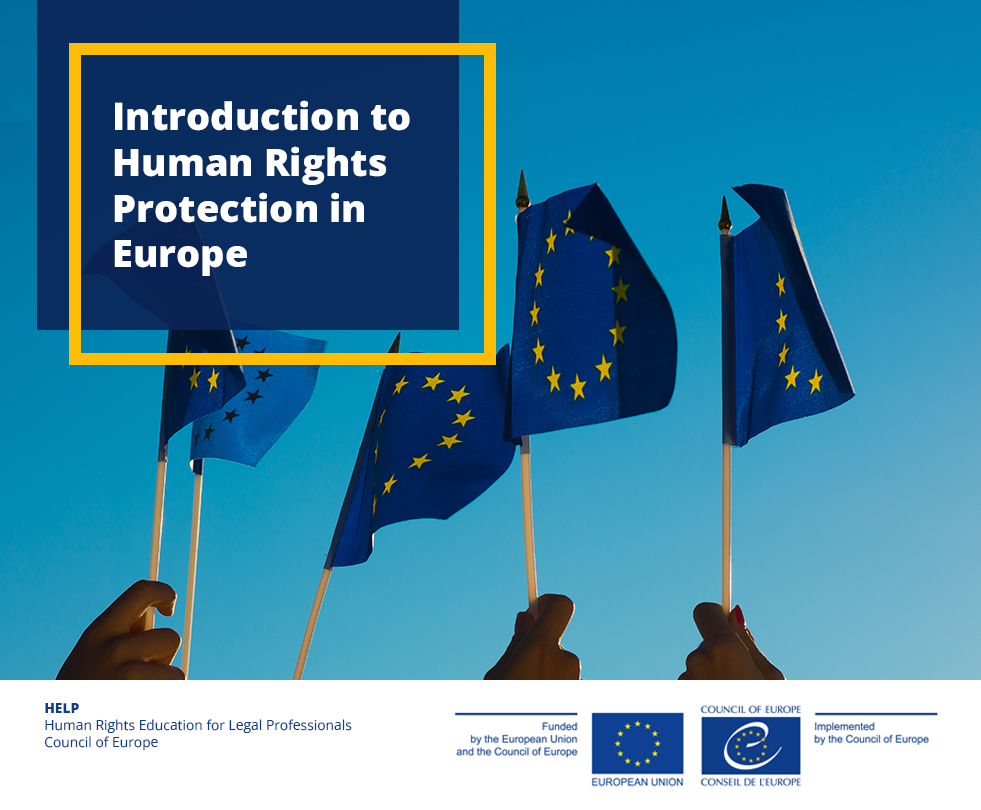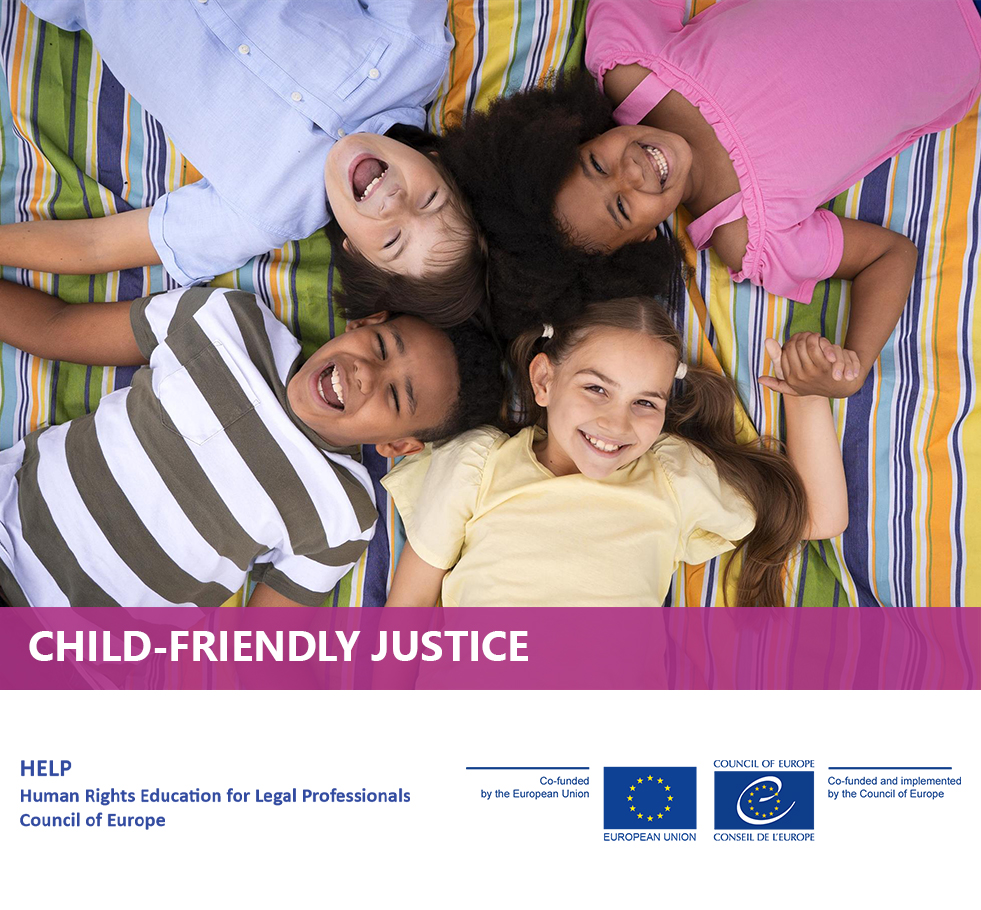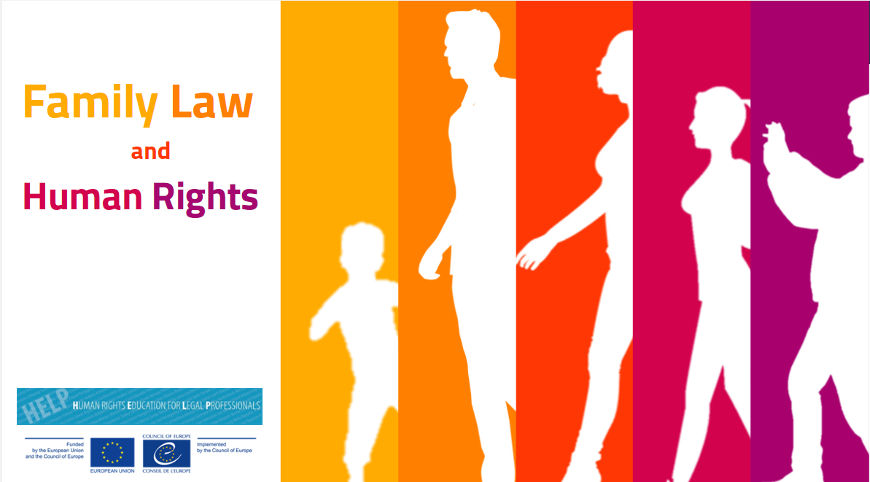The course has been developed thanks to EU support, jointly financed by the EU-Council of Europe "HELP in the EU" Project and the EU-Council of Europe Horizontal Facility Action “Strengthening the Human Rights Ombudsman to fight discrimination” and is based on the HELP methodology.
HELP is the Council of Europe Programme on Human Rights Education for Legal Professionals.
It focuses on the articulation between the European Convention on Human Rights (the Convention) and the EU and other international instruments in the field of family law (such as the 1980 Hague Convention on child abduction).
Family law is a distinctive area of law because it is multi-layered (national, regional and international) and interdisciplinary (transcending private and public law, both domestically and internationally). Given the increasing mobility and internationalisation of the child and of families, it is also a complex topic.
The course discusses and analyses the influence of human rights law, notably Articles 8 and 12 of the Convention on national family law. It addresses key cases of the European Court of Human Rights on Articles 8, 12 and 14 the Convention and explores relevant European and international instruments including the UN Convention on the Rights of the Child (1989), with a view of showing how human rights law sets a minimum standard for family law in Europe. In the EU, although the substantive family law remains under the sole competence of EU countries, the EU is empowered to take measures concerning family law with cross-border implications on the basis of a special legislative procedure: all EU countries should agree (unanimity) and the European Parliament must be consulted.
The national differences in substantive family law can be bridged by private international law. The second perspective of this course is thus the rules on private international law in family matters. The process of harmonisation and unification of private international law within the EU and the work of the Hague Conference on Private International Law is given particular attention.
The course integrates training materials previously developed by the Council of Europe and is complementary to the HELP courses on child-friendly justice and on violence against women (both already available in several languages on the HELP e-learning platform).
The course is developed in an interactive way and includes various practical exercises. It consists of 5 modules:
- Introduction
- Rights Related to Couples
- Relationship between Children and their Parents and Other Relatives
- International Child Abduction
- Children’s Rights: Key Challenges (including protection from sexual exploitation and abuse and children in the digital era)
You can access now this course in English through the HELP e-learning platform. More language versions of this course are scheduled for introduction soon.
This course has been produced using funds of a joint programme between the European Union and the Council of Europe. The views expressed herein can in no way be taken to reflect the official opinion of the European Union or the Council of Europe







